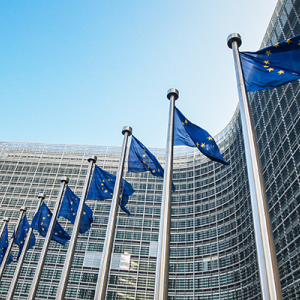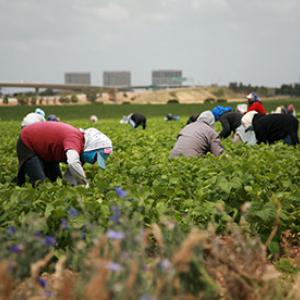By Richard Johnstone | 3 September 2013
There has been an increase in the number of trade restrictions introduced by governments across the world, a study by the European Union has warned, with a particular increase in barriers applied to public sector procurement.
aIn its annual examination of trade restrictions, such as import tariffs or purchasing rules, the EU found that 150 new blockages had been introduced over the last year, with only 18 existing measures have been dismantled.
EU trade commissioner Karel De Gucht said 700 new measures had been identified since October 2008, when the European Commission started monitoring global trends.
De Gucht said yesterday that countries must ‘fight back against protectionism’.
He added: ‘It is worrisome to see so many restrictive measures still being adopted and virtually none abolished. The G20 agreed a long time ago to avoid protectionist tendencies because we all know these only hurt the global recovery in the long run.’
Among the new measures observed in the 31 countries examined was an increase in the use of public sector procurement rules that force domestic goods to be purchased. Brazil accounted for more than one-third of restrictions related to government purchasing, followed by Argentina and India.
Sharp increases in the use of duties applied directly at borders have also been recorded. Brazil, Argentina, Russia and Ukraine stand out for having applied the largest tariff increases.
Some countries also continue to shield some of their domestic industries from foreign competition, the report found, with Brazil and Indonesia most likely to.













